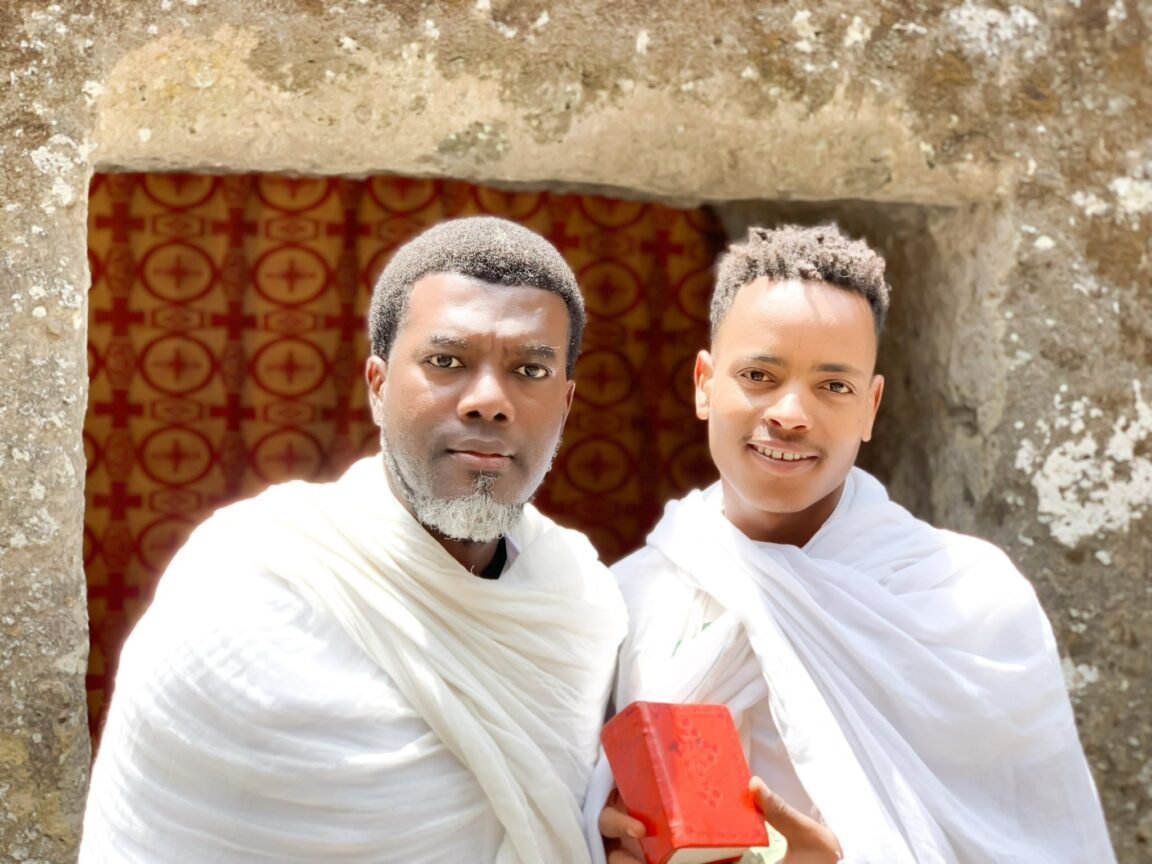Renowned author and socio-political commentator, Reno Omokri, has urged Africans, particularly Christians, to reconsider their frequent use of the phrase “God of Israel”, arguing that it reinforces a sense of racial and spiritual inferiority.
In a widely shared message posted to his verified social media platforms, Omokri—a Christian and vocal advocate for interfaith understanding—made a case for broader theological inclusivity, drawing from both the Bible and the Qur’an to support his views.
“I am not a Muslim, but I do read al-Quran,” Omokri began. “Not because I want to be a Muslim, but because I am from Nigeria—the largest Islamic-Christian nation on Earth. If you do not understand Islam, you cannot truly understand Muslims.”
Omokri praised the Qur’anic tradition of referring to the Creator simply as Allah, a Semitic term for God, without tribal or nationalistic identification such as “God of Mecca” or “God of the Quraysh.”
He then juxtaposed this with what he considers a troubling phrase often heard in modern Christianity—“God of Israel.”
“I have a problem with the term God of Israel, because it is limiting and gives the impression that the Supreme Being is only for Israel and against all others unless they attach themselves to Israel,” he said.
Historical and Scriptural Arguments
Omokri pointed out that in the early chapters of Genesis, God is referenced universally—long before Israel as a people or nation emerged in Genesis 32:28. He noted that Black Africa (Cush) was mentioned in Genesis 2:13, before the concept of Israel was even introduced.
Quoting from the New Testament, he cited Acts 10:34, where the Apostle Peter declares that “God does not show favoritism,” and John 3:16, which proclaims that “God so loved the world.”
“Adam and Eve didn’t know God as the God of Israel. They simply knew Him as God—and they were perfect,” Omokri said. “Why then should Africans today insist on attaching Israel to every mention of God’s name, when even our forebears worshipped Him long before Israel existed?”
He emphasized that God remained God even during the nearly 2,000-year period when Israel did not exist as a nation-state, from the time of the Roman conquest to its rebirth in 1948.
He pointed to the ancient Christian presence in Africa—especially Ethiopia—as evidence that faith and divine connection among Africans existed independently and vibrantly through the centuries.
Call for Rethinking Faith Identity
Urging African Christians to affirm their direct relationship with God, Omokri warned that persistent use of the term “God of Israel” could subconsciously enforce an inferiority complex.
“Every time you use it, you are saying you are not sufficient to attract the love of God unless you attach yourself to Israel,” he said. “That makes nonsense of John 3:16.”
Omokri also referenced fossil discoveries in the Olduvai Gorge and Hadar, Ethiopia, as anthropological evidence that Black Africans were among the earliest humans, reinforcing his call for spiritual and cultural self-respect.
“God is sufficient for you. He does not have to be from Israel before He can be potent in your life.”
Despite his bold assertions, Omokri clarified that he is a follower of Yeshua (Jesus) and would list Orthodox Christianity as his religion if required, but he ultimately believes in one universal God who loves all humanity equally, regardless of race or religious identity.



